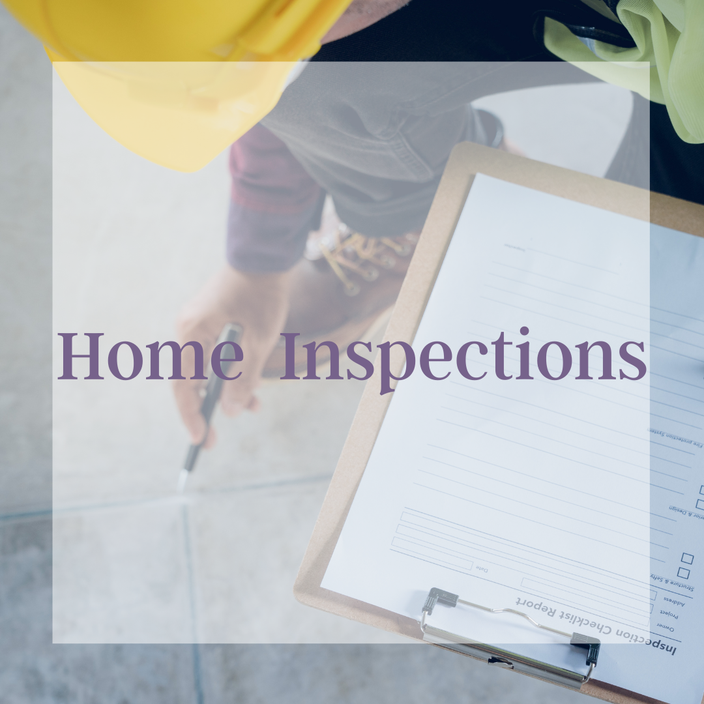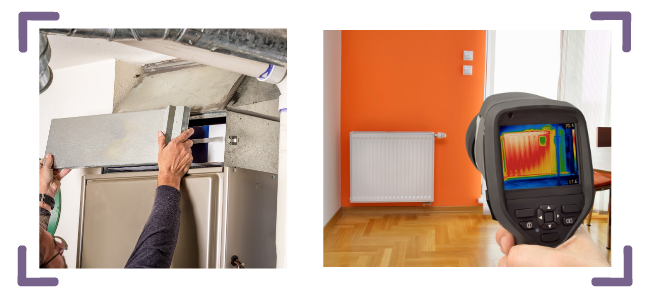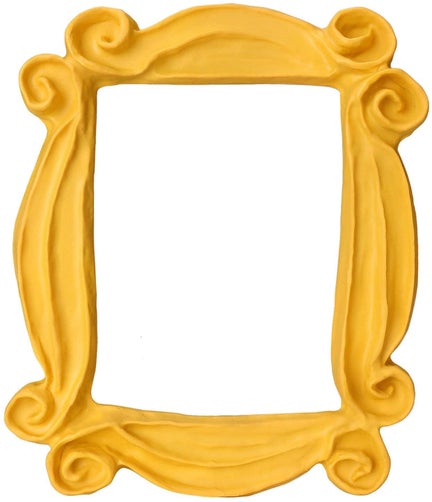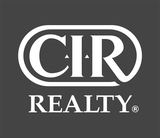
The home inspector will go through the home to ensure the components of the home are in working order. Inherently, they will also uncover defects that are in the home. The inspector identifies defects within components like the roof, exterior, basement, foundation, heating & cooling system, plumbing electrical, fireplace, attic, and interior. A valuable and often overlooked part of the inspection is the information about HVAC system of the home. Heating & cooling contributes largely to the level of comfort in your home, it also affects your utility bill. In many cases, it is a part of the home that is somewhat forgotten when it comes to maintenance. Out of sight, out of mind. Typically, the home inspector will check the furnace and hot water tank for signs of leaks, condensation, rust. These items can be costly to repair and/or replace so it is prudent to have an idea and budget accordingly for the future. The inspector will have plenty of tools and gadgets to check the "health" of your home. My personal favourite is the infrared thermal imaging gun. All of the inspectors that I work with use this tool to check for active leaks in the property; it also helps identify cold spots where insulation can be improved within the walls.

The home inspection condition is built-in to the standard purchase contract offered by Alberta Real Estate Association (AREA). I strongly recommend all my buyers take full advantage of this condition so they are aware of defects in the home they are purchasing. There are instances when it may be appropriate to forego an inspection but on a case-by-case basis.

I also recommend sellers do a pre-sale inspection prior to listing their property. It is always a good idea to know the condition of your home for a sale. It gives sellers a list of defects present in the home. If the sellers were to make some repairs here and there it may help their property value and also facilitate a smoother sale when a buyer submits an offer. Home maintenance goes a long way when it comes to selling a property. Buyers like properties that are well-kept and as close to move-in ready as possible.

Of course, there are limitations to the inspection process. The scope of the inspection includes a non-invasive, visual examination of areas that are accessible on the property. They do not move the sellers' furniture around or tamper with immovable objects on the interior. The exterior inspection may also be at the mercy of Mother Nature's mood on the day of the inspection. Especially in Calgary, the unpredictable weather may affect the accessibility of the perimeter of the home. For obvious reasons, we are not Monica Geller ripping holes in the wall to find out what a mystery light switch controls. No one on the buy side or the sell side would appreciate that at all!
Home inspectors add significant value to real estate transactions. Their know-how and experience bring a fresh set of eyes to the home. Buyers that are enamoured by their beautiful future receive the inspection report and can proceed with the purchase with peace of mind. Sellers that choose to do a pre-sale inspection will have an idea of existing defects; they may touch-up the home and facilitate easier negotiations with prospective buyers. Over the years, I've curated a list of excellent property inspectors. They are thorough and informative; clients always leave the inspection having learned something about their home. These inspectors offer handfuls of tips & tricks to maintain the home so that it remains a sanctuary for your and your family. Careful home care will also help with resale value down the road. Let me know when you are ready to get in touch with some handy home inspectors. They are a wealth of information and not to mention incredibly friendly with clients!
